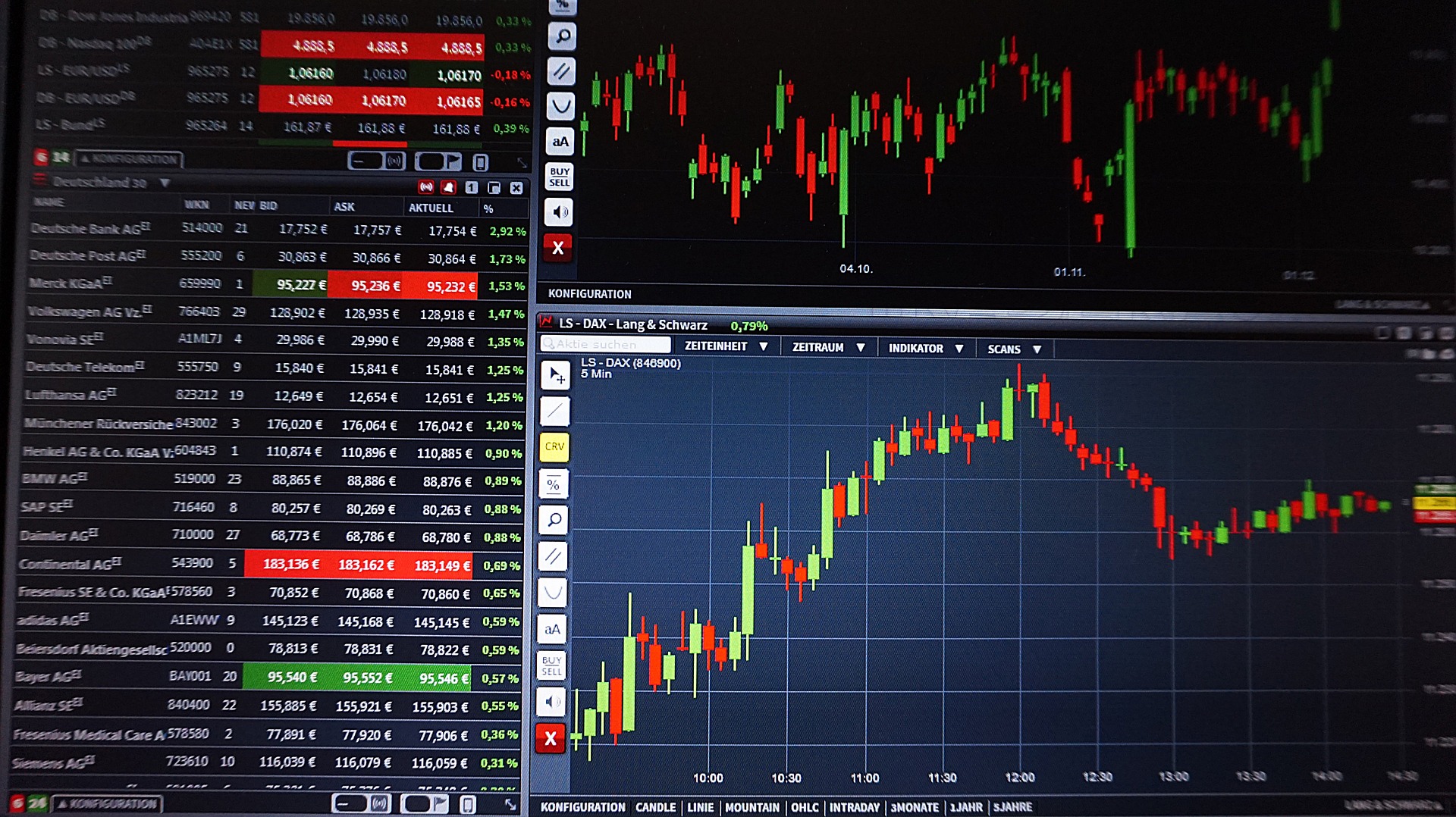Are ETFs riskier than trading stocks?
Any pro-trader will tell you that there is no one-size-fits-all approach when it comes to investing. Each investor has different objectives, risk tolerance and time horizon. As a result, the investment strategies that work for one person may not suit another.
Exchange-traded funds (ETFs) have become increasingly popular in recent years, as they offer investors a way to access a wide range of assets in a single product. However, some experts have raised concerns that ETFs may be riskier than traditional investments such as stocks.
What are ETFs?
An ETF is an investment fund that holds a basket of assets, such as stocks, bonds or commodities. You can trade ETFs on stock exchanges, and they can be bought and sold like shares.
What are stocks?
They are a type of security that represents ownership in a company. Stocks are traded on stock exchanges and can be bought and sold daily during any open trading session.
So, are ETFs riskier than trading stocks? Next, the article will explain the pros and cons of each option to help you make informed choices.
Pros of trading stocks
The main advantage of trading stocks is that it offers the potential for high returns. If you choose the right stock, you can see your investment grow significantly over time.
Another benefit of stocks is that they are relatively liquid, which means you can sell them quickly and easily if you need to. It can be helpful if you need to raise cash in a hurry.
Finally, stocks tend to be less volatile than other investments, such as commodities or cryptocurrencies. It means they can provide a more stable source of income, which can be helpful if you’re looking to invest for the long term.
Cons of trading stocks
However, there are also some drawbacks to consider when investing in stocks.
One of the most significant risks is losing all of your investment if the company goes bankrupt. It is a particular risk if you invest in a single company rather than a diversified portfolio.
Another downside of stocks is that they can be subject to sudden changes in market conditions, leading to significant losses. For example, the stock market crash in 2008 led to many investors losing a lot of money.
So, while stocks offer the potential for high returns, they also come with a high degree of risk.
Pros of ETFs
ETFs, offer many advantages over traditional investments such as stocks.
One of the main benefits is that they provide exposure to a wide range of assets, which can help to diversify your portfolio. It can reduce the overall risk of your investment and help to protect your capital.
Another advantage of ETFs is that they tend to be more tax-efficient than other investments. It is because they are structured to minimise the amount of tax you have to pay on your investment gains.
Finally, ETFs are usually more affordable than other investments, such as mutual funds. It makes them a more accessible option for many investors.
Cons of ETFs
However, there are also some disadvantages to consider when investing in ETFs.
One of the main risks is that you could lose money if the underlying assets decline in value. For example, if you invest in an ETF that tracks the stock market and the stock market crashes, your investment will also lose value.
Another downside of ETFs is that they can be subject to tracking errors. It is when the performance of the ETF differs from the performance of the underlying assets. Tracking errors can be caused by many factors, including fees, expenses and changes in asset allocation.
So, while ETFs offer some advantages over traditional investments, they also come with some risks that you need to be aware of.
The bottom line
Both stocks and ETFs have pros and cons, so there is no right or wrong answer when choosing between them. The best option for you will depend on your circumstances and objectives.



